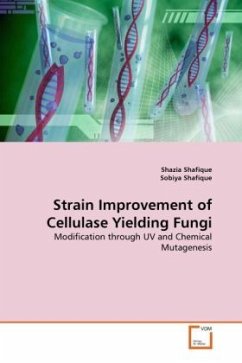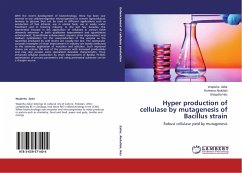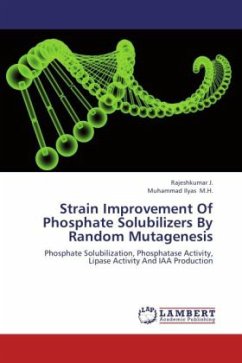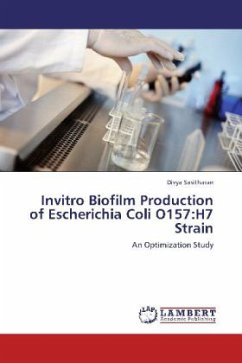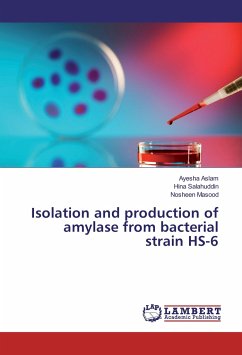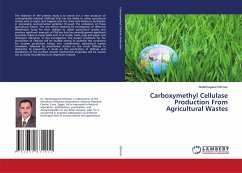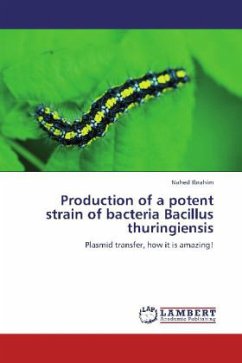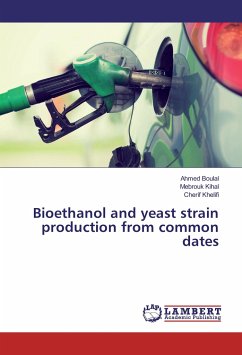Cellulose has attracted considerable interest as a renewable resource since bioconversion products have potential value in food and chemical industries and as an energy source. As million of tons of cellulose squandered annually, fungi can prove a constructive device by producing cellulases in recycling of polymeric carbohydrates, otherwise being locked inside the waste products. Cellulase is a group of enzymes responsible for cellulose degradation. Its application can be seen in animal feed, pharmaceutical, textile and paper and pulp industry. The utilization of fungal biomass for cellulose degradation at industrial scale is increasing all over the world as economically feasible. The present study, therefore, was designed to evaluate the bioactivity of known cellulolytic fungal species to screen and select the best potential candidates. Selected species were subjected to UV and chemical mutagens for prospective evolution of high yielding strains. Further strain conditioning was carried out on economically feasible substrate to evolve commercially viable technology for celluiase enzyme production.
Bitte wählen Sie Ihr Anliegen aus.
Rechnungen
Retourenschein anfordern
Bestellstatus
Storno

